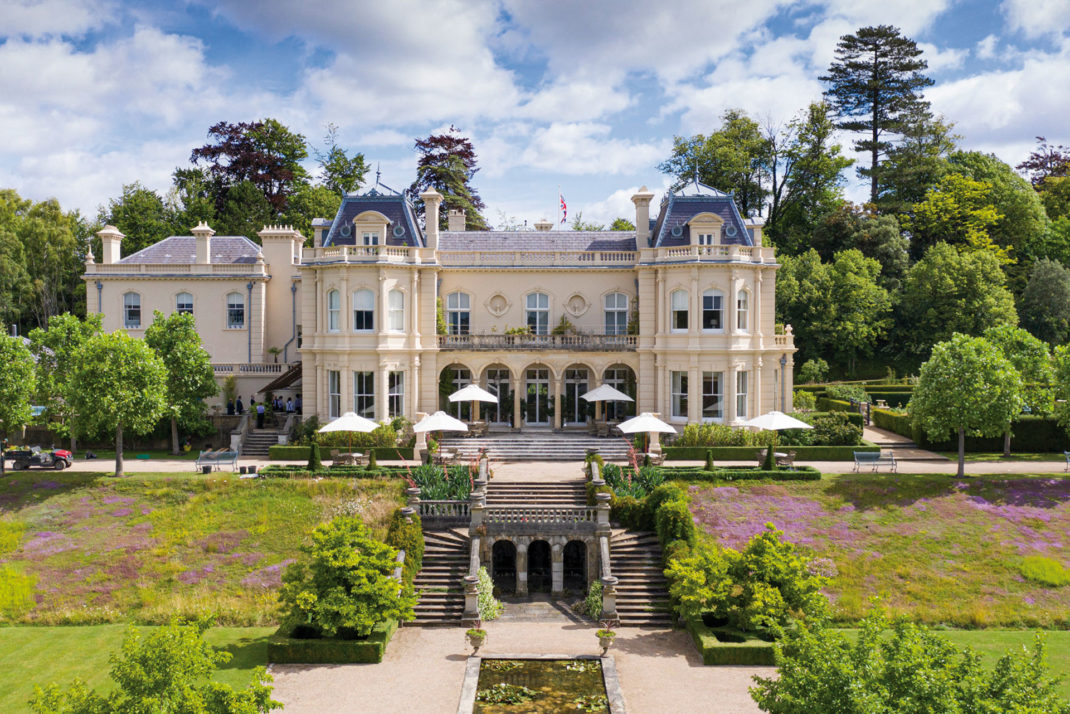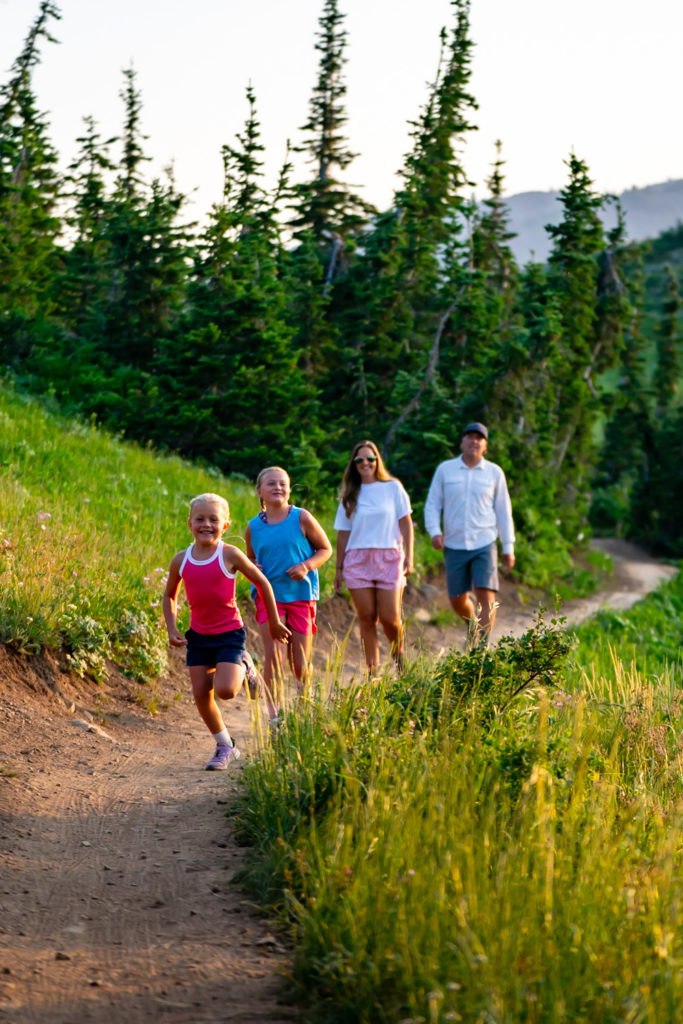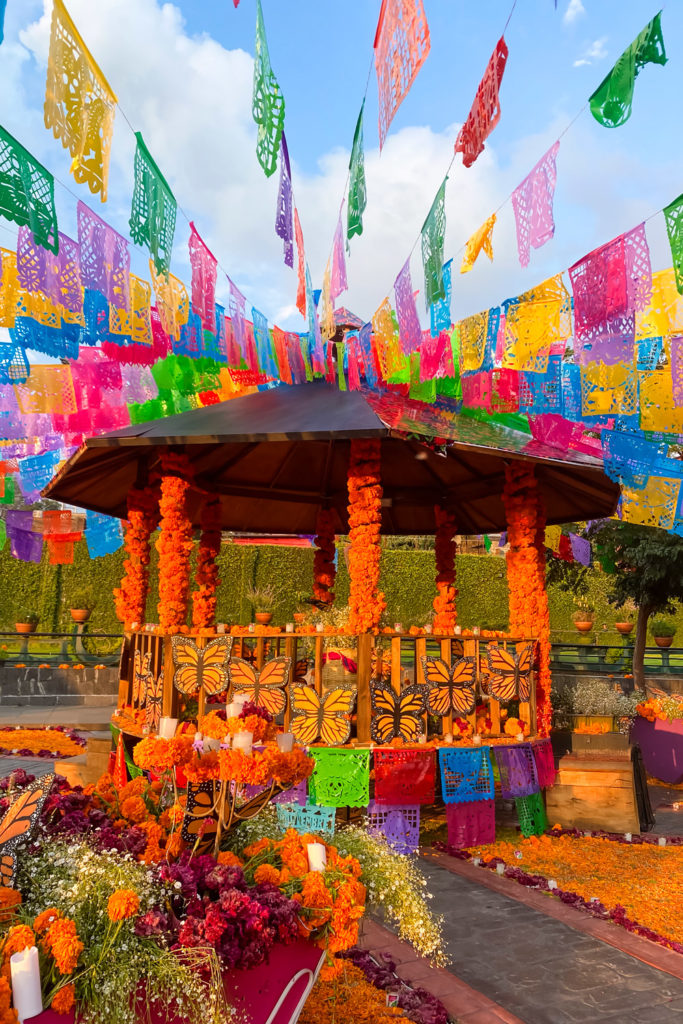The New Country House Hotel Rules
By
4 years ago
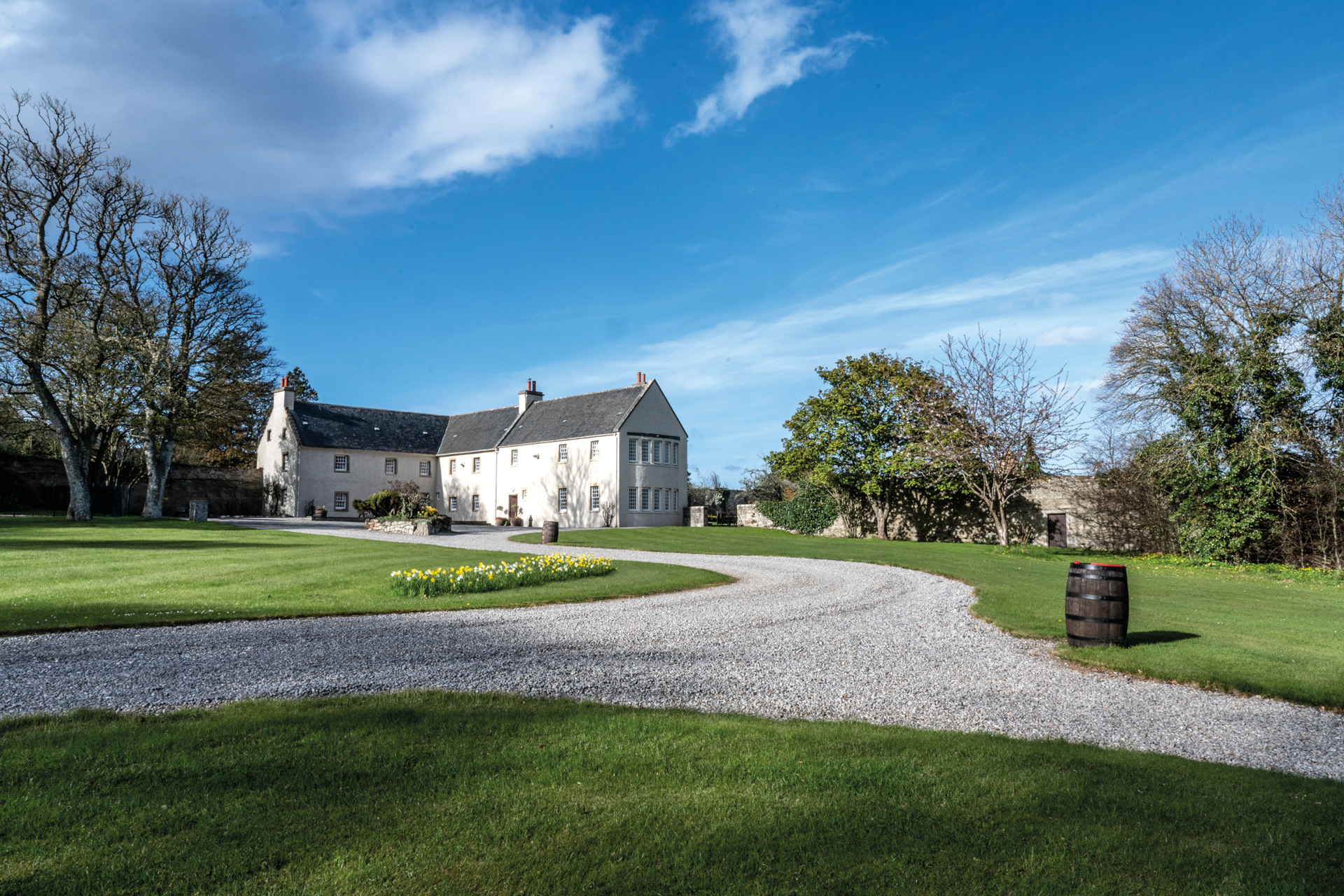
While it may be all about getting back to nature, treehouses and informal dining, country house hotels are still the go-to for utterly spoiling experiences and so they should be, says Fiona Duncan.
Buy a copy of the Great British & Irish Hotels Guide 2033/23 here
The New Country House Hotel Rules
Where are we at? This is a hotel guide that showcases British hotels in all their varied forms, from quiet private homes that welcome paying guests, to city centre grande dame establishments that have been plying their trade for decades, even hundreds of years. Of course, every type of hotel evolves and adapts with the times and guesthouses and grande dames are no exception, but it’s the spoiling country house hotel – of which we have many fine examples in these pages – that most accurately reflects our changing tastes and requirements as guests. When we look at them – at how existing ones are altering to keep pace with the times and how new ones are choosing to present themselves, we can see clearly the way that this much loved genre, born shortly after the Second World War (Sharrow Bay on Ullswater, now firmly closed, is credited with being the first) is evolving with the 21st century. Here are some discernible trends.
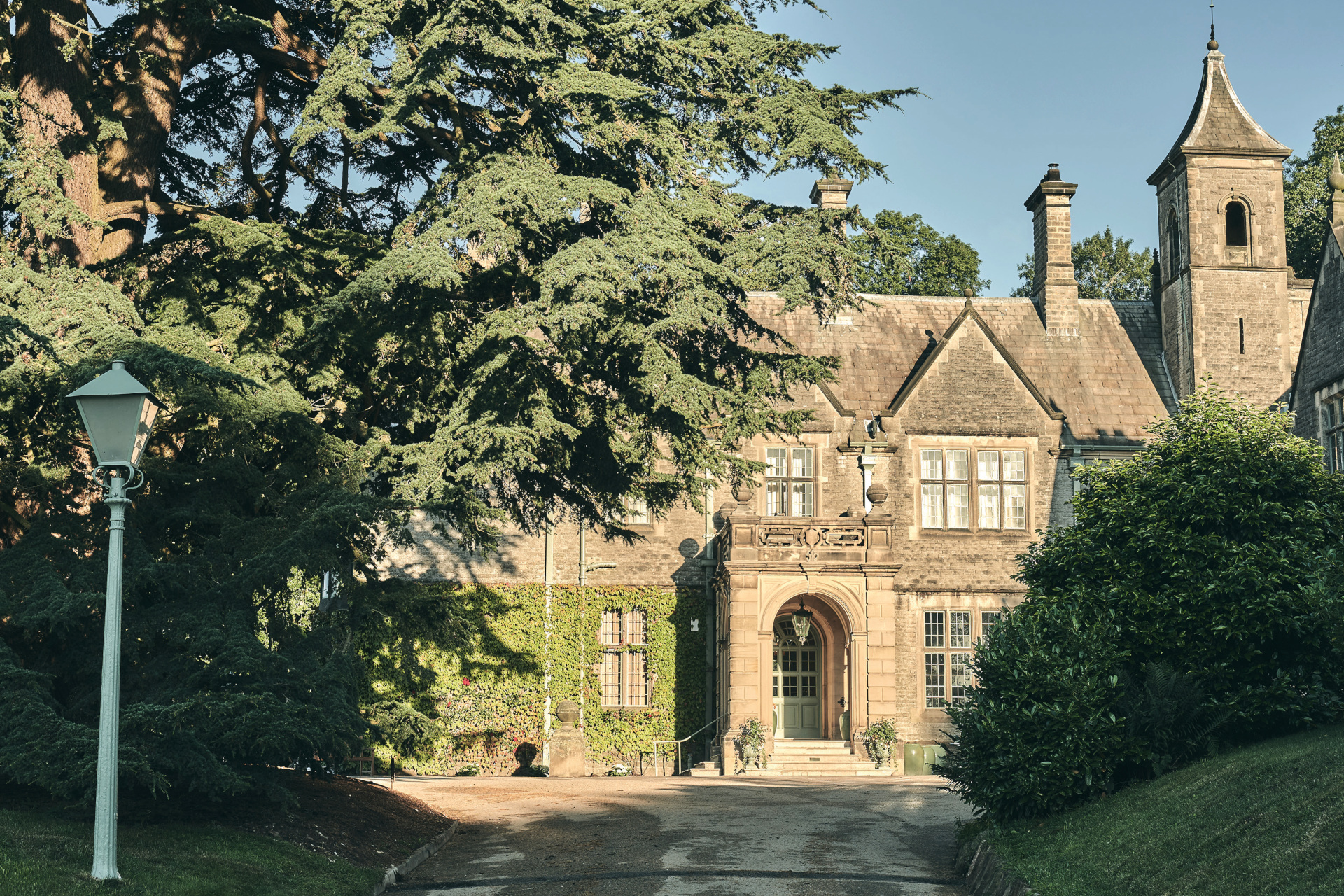
Wildhive at Callow Hall
I want to stay in a tree, please
The Pigs started it; Chewton Glen gave it luxury status; now the grounds of country house hotels are bristling with quirky bedrooms: huts, hives, wagons, boathouses, treehouses – you name it, you can sleep in it. New hotel group Wildhive, for example, is intent on creating a characterful collection of hotels ‘in the wild’, which will feature cabins, pigsties, treehouses and earth dens in the grounds. ‘And each hotel will have a working beehive and a focus on nature,’ announced owners Ed Burrows and Charles Randall. True to their word, their first offering, Callow Hall in Derbyshire, has just produced its first pots of honey and you can bed down in your very own, very comfy and very charming wooden ‘hive’ in the woods. The only trouble is, they’ve made the main house, designed by Isabella Worsley, so absolutely gorgeous that not every guest wants to get in a golf cart after dinner and climb up a muddy track to their rustic sleeping quarters.
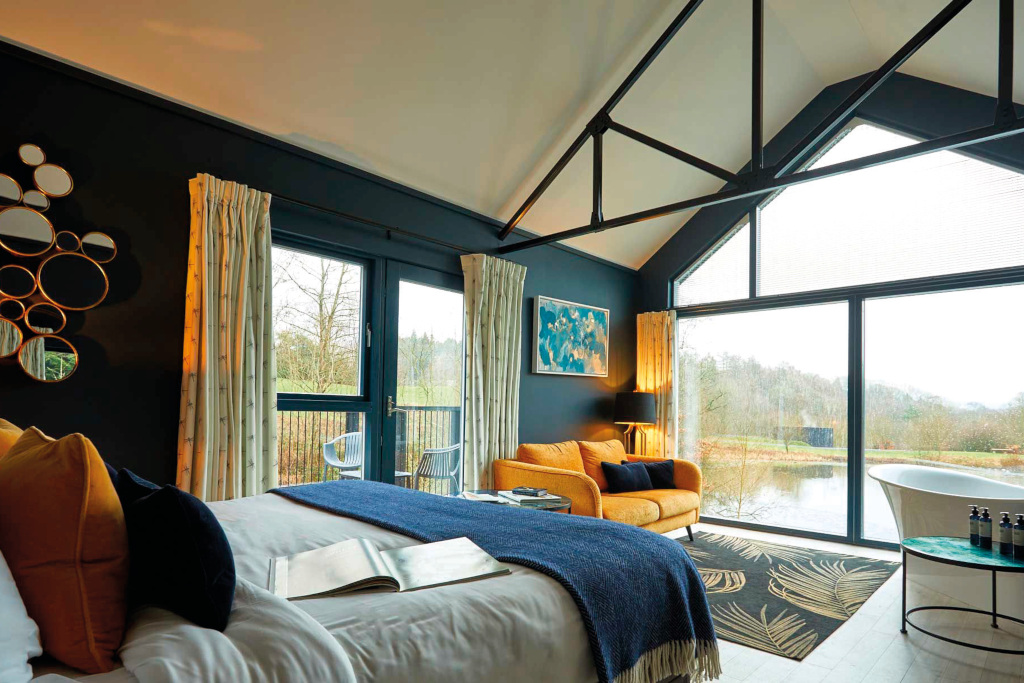
A waterfront boathouse room at The Tawny
Is it a passing fad, the country-house-hotel-with-quirky/rustic-accommodation, or here to stay? The Tawny, opened last year in Staffordshire, has taken the trend to extremes: all bedrooms at this ‘deconstructed hotel’ are set in 70 acres of beautiful garden and grounds. There’s a central reception, restaurant and bar, but that’s it. Let’s see if more new hotels follow in their (sometimes muddy) footsteps. I think they will.
We’re over the Cotswolds and Cornwall. Are there cool hotels anywhere else?
Yes! For many years now, I have tried in vain to persuade Londoners asking for recommendations for an indulgent weekend away to consider venturing north, or east rather than south and west. Until now, it hasn’t been hard for them to stay close to home with the vast majority of luxurious hotels that appeal – Lime Wood, Heckfield Place, Chewton Glen, the Pigs, Dormy House, The Fish and so on – concentrated within a couple of hours, at most, of London.
But times, at last, are a-changing and cool country house hotels are beginning to pop up in all sorts of unexpected places – and about time too, for those places are, of course, full of beauty and interest. We can thank, in great part, the proliferation of privately owned hotel groups for this spread, for with deep pockets thanks to hugely wealthy owners keen to diversify into hospitality, they need premises and they need to look further afield than the south of England to find them. Hence the advent of the aforementioned Callow Hall, formerly a deeply old-fashioned establishment in a quiet corner of Derbyshire, while Hector Ross of The Signet Collection (the Mitre at Hampton Court and just opened The Retreat at Elcot Park) is next branching out to Rutland, and Will Ashworth of Watergate Bay in Cornwall has opened Another Place on Ullswater in Cumbria, with further addresses to come.

Glenmorangie House
There’s nowhere, now, that’s out of bounds for a cutting-edge hotel experience. Who would have thought that sleepy Bruton in Somerset would become the haunt of hipsters, with The Newt, No.1 Bruton and At the Chapel all competing for attention? Hauser & Wirth, with its cutting-edge gallery, restaurant and garden was the first to put Bruton on the must-go map and it is, of course, also responsible for making sleepy Braemar in Aberdeenshire the base for a thrilling Highland art hotel, The Fife Arms. If you go further still to the far north-east of Scotland, right on the coast, you will find another extraordinary new hotel by Russell Sage, who designed The Fife Arms: Glenmorangie House, a fantasy that’s all about whisky and has to be seen to be believed.
Yorkshire has its first ‘new wave’ country house hotel in Grantley Hall; I know of plans afoot in Norfolk, Northumberland and Wales, all long under-represented. Watch this space: and venture forth.
I want to feel special, but I want to feel at home, too
In one sense, our country house hotels haven’t much changed in the 70 plus years that they have been in existence. Guests are still looking for an experience that combines an utterly spoiling homefrom-home with a feeling of being special and privileged. The most successful examples mix warmth and homeliness with style and a dash of glamour and that hasn’t changed; longstanding hotels like Gidleigh Park, Gravetye Manor, Lucknam Park and Hambleton Hall may have altered their decorations many times over the decades but the effect has remained the same. What is waning is the demand for fancy gadgets, complex spas and formal, complicated food. Bedrooms are havens of comfort, with no gadgets (remember trouser presses and CD players?), save a discreet digital TV and a Roberts radio; new spas are more about healing treatments, yoga and wellness than hydrotherapy pools and solariums; and food revolves around the kitchen garden, with chefs everywhere busy foraging, pickling, bottling and fermenting to healthily feed not just their guests but their staff as well (‘it’s just as important,’ says Luke Holder of Lime Wood, ‘that they eat healthily’).
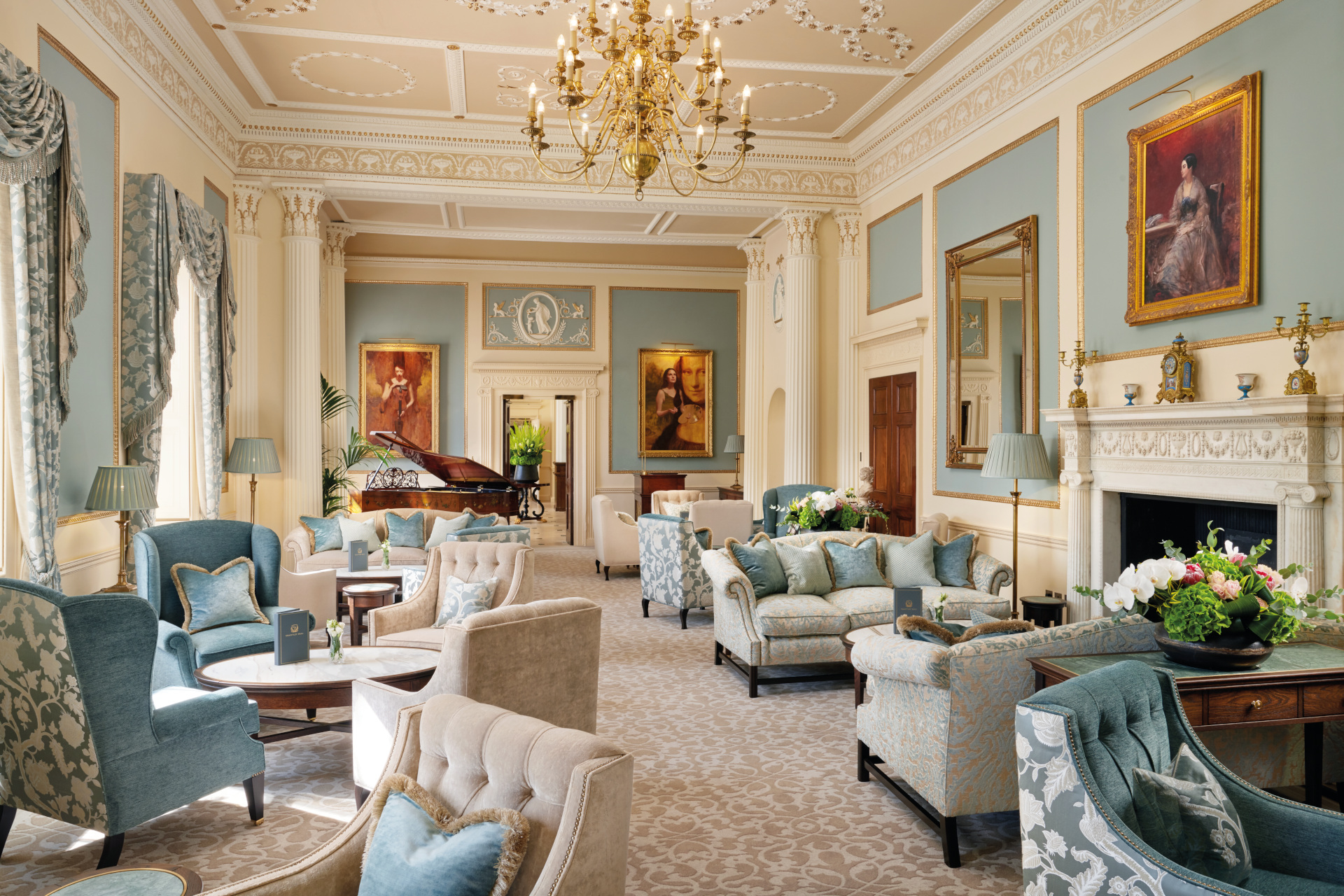
The drawing room at Grantley Hall
There is a softness about today’s country house hotel, a gentleness that was perhaps lost in the eighties and nineties when showing off became too important. I’ve even spoken to chefs and owners who are repurposing their all-singing and dancing cookery schools to become spaces where chefs don’t teach and demonstrate but cook and eat with their guests in a far more natural, collaborative and entertaining way than before. One thing is for certain: the British country house hotel thrives as never before.
DISCOVER MORE
The Best Country Wedding Venues in the UK & Ireland / The UK’s Best Dog-Friendly Hotels 2022

